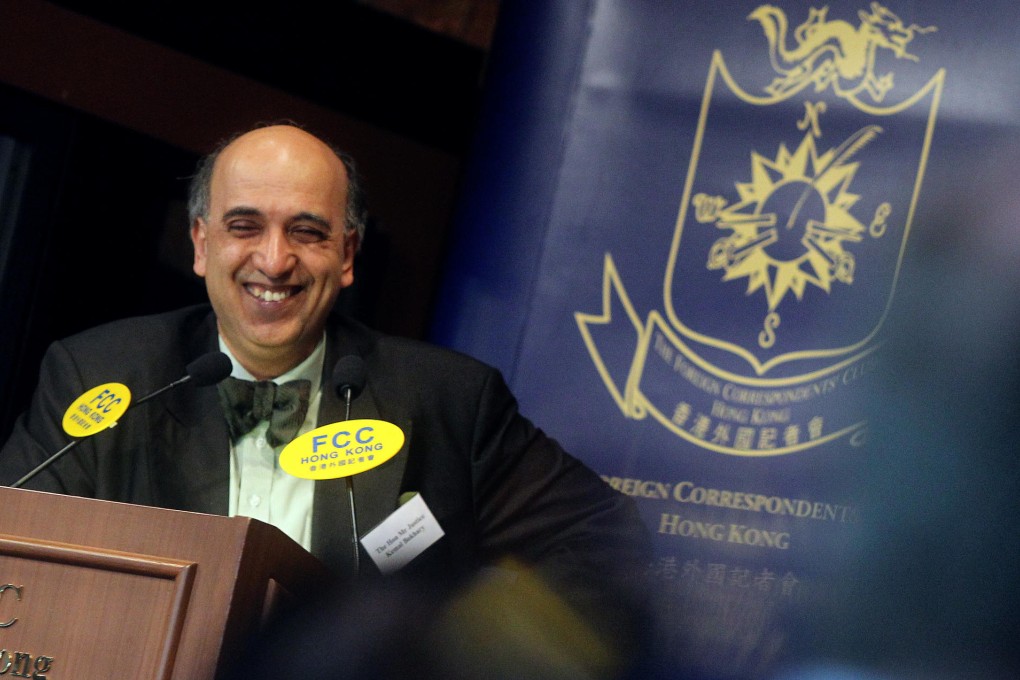A life in court: lawyers, robbers and other reptiles
Kemal Bokhary's memoirs recall big moments in his rise from factory floor to top-level judge

It was a key court ruling on the "one country, two systems" principle that made Mr Justice Kemal Bokhary want to stay on as a permanent judge as he neared retirement.
One of the founding judges of the Court of Final Appeal, Bokhary describes this pivotal moment and many others from his years on the bench in his autobiography Recollections, seen exclusively by the South China Morning Post ahead of its release today.
It was the top court's majority decision in the so-called Congo case of 2011. The court ruled that, after the handover in 1997, a foreign state would have absolute immunity from Hong Kong courts. Bokhary's was the dissenting voice - he thought state immunity should be limited.
He writes that his dissenting views normally become accepted with time. But this case was a turning point as "what belongs to the 'two systems' part of the 'one country, two systems' principle is assigned by the court to the 'one country' part of the principle instead.
"It is difficult to see how the loss can ever be recovered."
However, after Bokhary gave a provisional judgment, and before Beijing replied to the court's request for an interpretation of the law, he was told his term as a permanent judge would not be extended when he reached the retirement age of 65 last October. He is now a non-permanent judge.